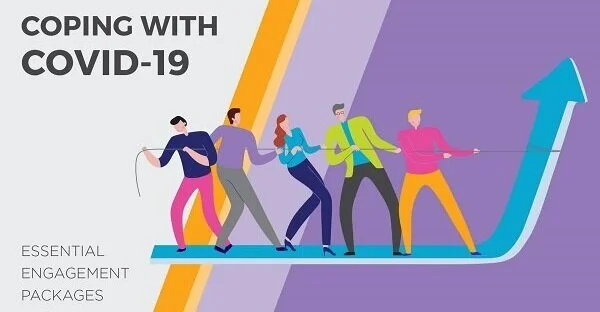To help local councils in Victoria navigate the deliberative engagement requirements in the new Local Government Act, MosaicLab has launched a free, short guide.
This e-book is specifically for local government staff and decision makers, and aims to provide assistance and information to help councils better understand deliberative engagement, its principles and how it can be implemented into council processes to meet the new requirements of the Act.













